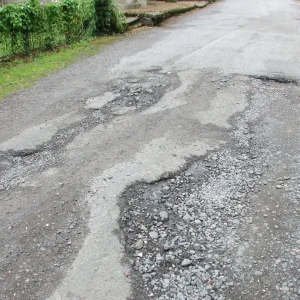My daughter’s school has told parents that to adhere to the Department of Education’s guidelines on child absences, any pupil that has 48 hours or more off school due to sickness will require a Doctor’s note.
This basically means you ‘must’ see a doctor either the day your child is ill or the next day – all at a time when GPs are so busy that people are going direct to their A&E departments for non emergencies.
I wonder if the policy makers regarding school absenteeism liaised with the Health Department before reaching their decision? Because every decision has a knock-on effect and, as I often see in the risk management profession, if the knock-on effects aren’t communicated in advance it can lead to conflict and obstruction.
In our sector, we are typically commissioned by a fleet department to provide online risk assessments and e-driver training to a company’s at-work drivers.
Yet, its also clear that other departments need an input into the process too.
When communication has been good, it works extremely well. We have clear buy-in from all drivers, and from the HR team, finance team and other key functions.
When departments haven’t properly communicated it can be a very different scenario, with drivers asking why they have to be assessed, HR getting involved and, in the most extreme case, the process being put on hold until the internal wrangling have been resolved.
We’ve also seen issues with sales teams complaining that driver training gets in the way of them doing their jobs, depot managers protesting that time spent training obstructs deliveries being made and managers of other departments belittling the process simply because they can’t see the point.
All of this can be overcome with better communication, and I urge anyone that’s implementing a risk management process to get key departments involved, explain the benefits to the whole organisation, make them realise this isn’t just a ‘fleet department’ issue and ensure that a positive message is cascaded down to drivers.
When this happens, the driver feedback we receive is excellent. When it doesn’t we see problems.
So lets not be like the Government departments who never speak to each other. Communication is key and underpins a successful risk management strategy.





